Gaza: A land of genocide, domicide and ecocide
After months of relentless attacks on Gaza, the Israeli regime has refused to consider a ceasefire and has escalated its military operation in Rafah.
This has sparked concerns that the conflict in Gaza may not come to an end anytime soon.
Many experts believe that Israel's intentions are evident and that there will be no permanent ceasefire and the genocide will continue with the ultimate goal of raising Gaza to the ground.
The situation now in Rafah is that you have more than 1.1 million Palestinians, who have been displaced from the north and middle of Gaza to Rafah, in addition to the 250,000 original inhabitants.
You don't speak about between 1.3 and 1.4 million Palestinians who are now scattered and distributed on the borders between Egypt and Rafah.
So any kind of attack, for those people, would be a catastrophic measure.
Mostafa Madbouly, Egyptian Prime Minister
As a result of Israel's devastating campaign in Gaza, thousands of lives have been tragically lost, and entire communities now lay in ruins marking a grim chapter in the region's history.
However, the casualties are not limited to innocent civilians.
Israeli forces seem to be deliberately targeting essential infrastructure such as homes, hospitals, places of worship, schools, universities and farms; crucial elements for sustaining life in this region.
As the conflict in Gaza enters its seventh month residents have been left to subsist on animal feed and contaminated water due to Israel's suspension of vital supplies to the besieged enclave.
Experts and human rights organizations have condemned the numerous atrocities unfolding in the region, labeling them as crimes against humanity and war crimes.
According to a recent report by the United Nations, it has been projected that it would take approximately 14 years to clear the 37 million tonnes of debris in the Gaza Strip.
The report highlights that every square meter affected by the conflict in Gaza is burdened with 200 kilograms of rubble, underscoring the extensive devastation caused by the war.
Investigations have uncovered a pattern of deliberate destruction by Israeli forces, targeting civilian residences and infrastructure, resulting in the displacement of over a million individuals in the region.
In the words of Pehr Lodhammar, a senior officer from the United Nations Mine Action Services, UNMAS, "all can I say is that at least 10% of the ammunition that is being fired potentially fails to function. With 100 trucks, we're talking about 14 years of work with 100 trucks, so that's 14 years to remove, with about 750,000 work days, person work days, to remove the debris".
The fact is, in addition to genocide, Israeli soldiers are also culpable of domicide, a term that characterizes the intentional, methodical and extensive destruction of civilian homes and infrastructure, with the aim of making them uninhabitable.
A detailed investigation by Bellingcat focused on the actions of the 82 19 commando unit, an Israeli combat engineering battalion, which has been identified as responsible for demolishing numerous buildings in northern Gaza, Gaza City, and the vicinity of Khan Younis.
We were sitting there safely when suddenly we heard extremely loud shelling. We got up to see where the shelling was coming from. I realized that was our neighbor's house.
The house had been completely destroyed by the big missiles that hit, leaving everyone inside dead. All the people inside the house, including the children and women, had been killed.
We helped gather the pieces of flesh scattered on the streets and brought them to the ambulance.
It was a harrowing scene that is indescribable.
Gazan Resident
A recent report from the World Bank revealed that more than 60% of all residents in Gaza, totaling 290,820 housing units, have been demolished.
The conflict has resulted in an estimated 1.7 million individuals being displaced with a significant number seeking refuge in the southern city of Rafah, situated along the border with Egypt.
The displaced population is now enduring overcrowded living conditions with many forced to reside in precarious tents for shelter.
Another UN report indicated that the reconstruction of all the homes decimated in Gaza may necessitate a staggering 80 years, citing data from the Palestinian Central Bureau of Statistics.
The report highlighted that, as of April 15, approximately 370,000 homes in Gaza had suffered damage, with 79,000 of them completely razed to the ground.
The report underscored the profound socio-economic repercussions of the conflict on the Palestinian populace, noting that the extent of devastation in Gaza is so severe that the required aid for reconstruction would be unprecedented since 1948, encompassing the restoration of vital public infrastructure such as schools and hospitals.
To date, the energy, water and municipal sectors have collectively endured close to $800 million in damages, resulting in a substantial deterioration of the water and sanitation systems, which now operate at less than 5% of their former capacity.
Meanwhile, a staggering 84% of health facilities have been either damaged or demolished, exacerbating the already dire situation.
With the remaining healthcare centers struggling to function due to inadequate electricity and water supply, access to essential medical services has faced severe limitations.
At the same time, the education system in Gaza has crumbled, leaving all 625,000 students without access to schooling. The devastation inflicted upon the educational infrastructure is staggering, totaling $341 million with approximately 56 school facilities completely obliterated and 219 others partially damaged.
Last, but not least, the Israeli regime is systematically undermining Gaza's capacity to cultivate its own food supply.
During six months of Israel's genocidal campaign against the Palestinians in Gaza, the region's agricultural productivity and access to clean water, have been greatly impaired by relentless Israeli airstrikes and bulldozing operations that have laid waste to formerly thriving farmlands and orchards.
With farmers abandoning their crops in search of safety in southern Gaza, the once thriving agricultural sector has been left in ruins leading to the tragic demise of livestock.
Forensic Agriculture, a research group at Goldsmiths University of London, has uncovered the deliberate destruction of over 2000 agricultural sites in Gaza with Israeli military earthworks often replacing them.
This devastation, concentrated in northern Gaza, has wiped out nearly 1/3 of the greenhouses and around 40% of the farmland used for food production.
The investigation indicates that this Ecocide worsens the severe famine in Gaza and is part of a broader strategy to deprive Palestinians of essential resources.
The devastation in northern Gaza has been especially pronounced with 90% of the destroyed greenhouses demolished during the initial phases of the invasion.
This region, described by the head of the UN World Food Programme, WFP, as being in a state of full-blown famine, has borne the brunt of the destruction, exacerbating the already dire humanitarian crisis in Gaza.
As the Israeli military presses south the relentless destruction of agricultural land and vital infrastructure follows in its wake.
The harrowing amalgamation of Israeli genocide, domicide, and, ecocide, has birthed the nightmarish reality for the people of Gaza and its neighboring regions, transforming the once vibrant lands into a living Inferno, a veritable hell on earth.
VIDEO | Iraqis decry US intervention
VIDEO | Iran says it won’t seek war but will hit back at any aggression
Threatening Iran and its Leader is playing with fire Trump and his ilk cannot contain
Israeli raids displace 25,000 Palestinians from Tulkarem refugee camp
All US bases, mercenaries within Iran’s reach: Leader’s representative
VIDEO | Lebanon parliament discusses budget in light of deep rifts
Regional states reject use of their territory against Iran
VIDEO | Israeli military destroys Gaza cemetery, scattering remains of over 700 graves


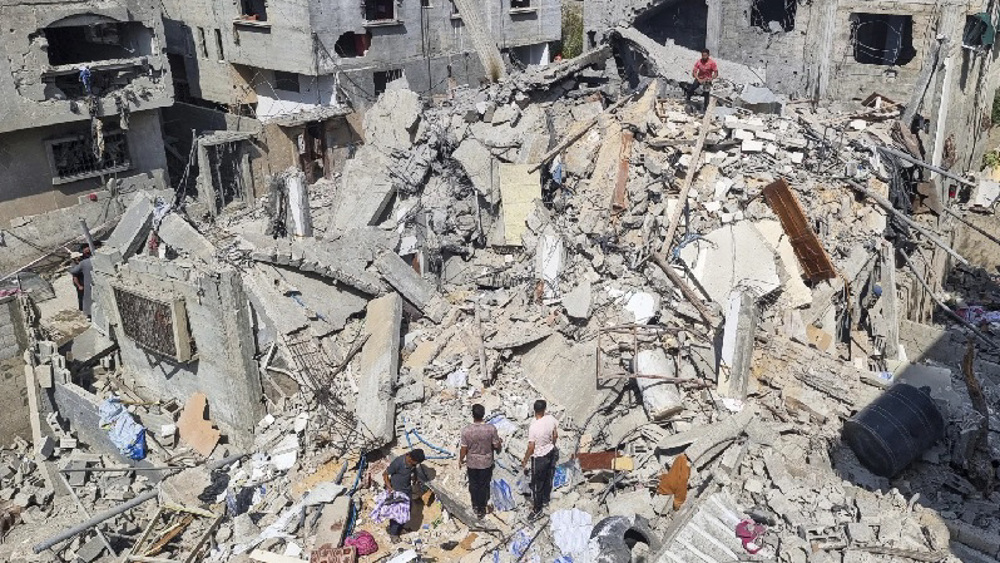
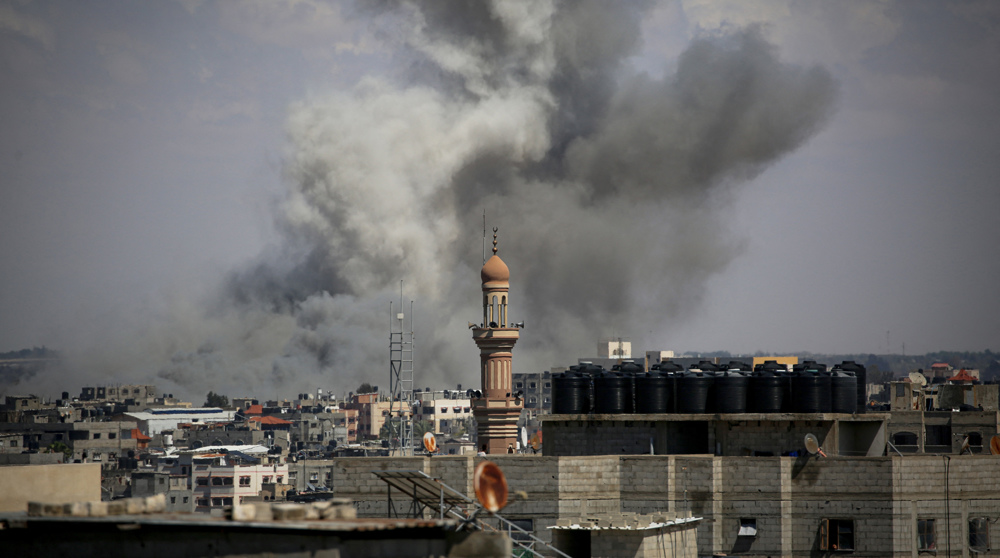
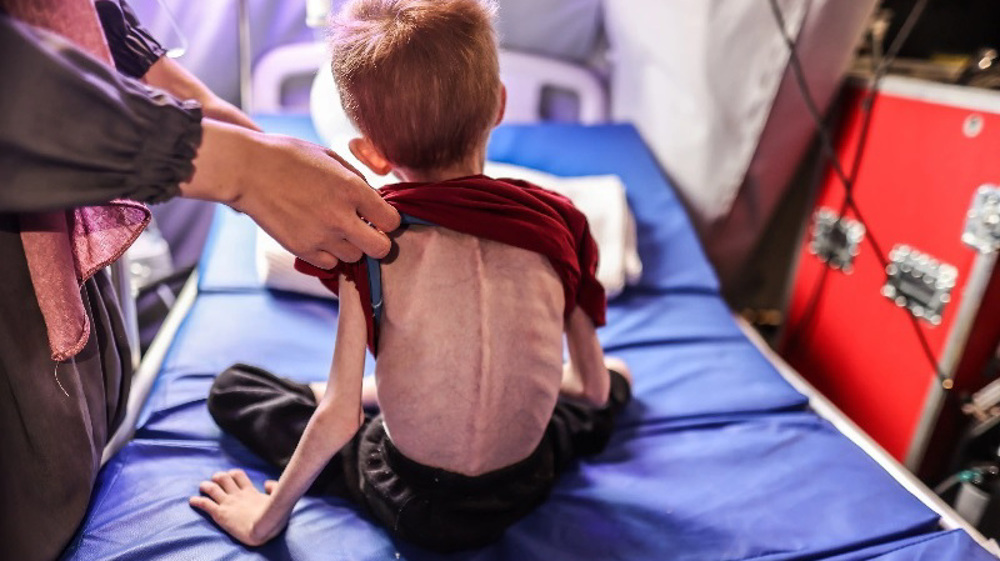
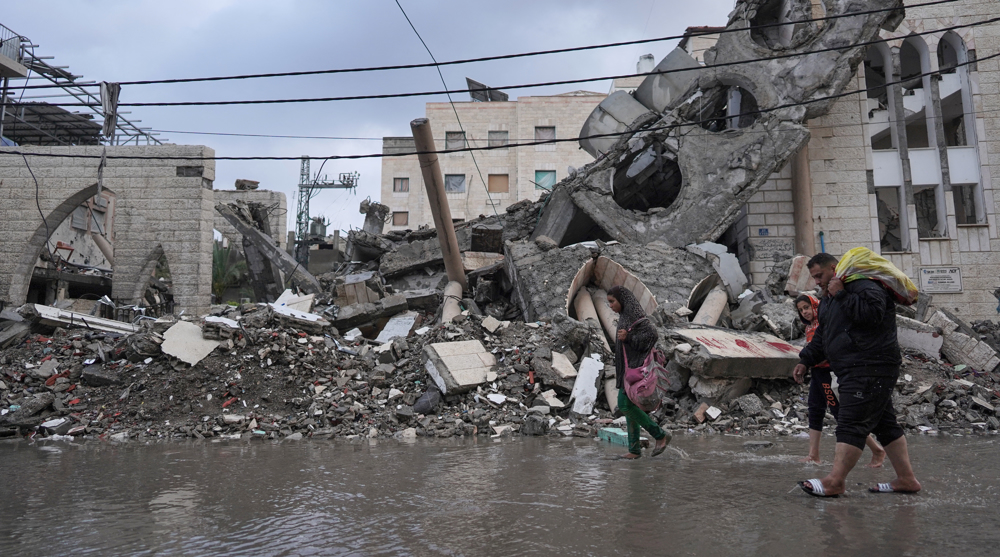
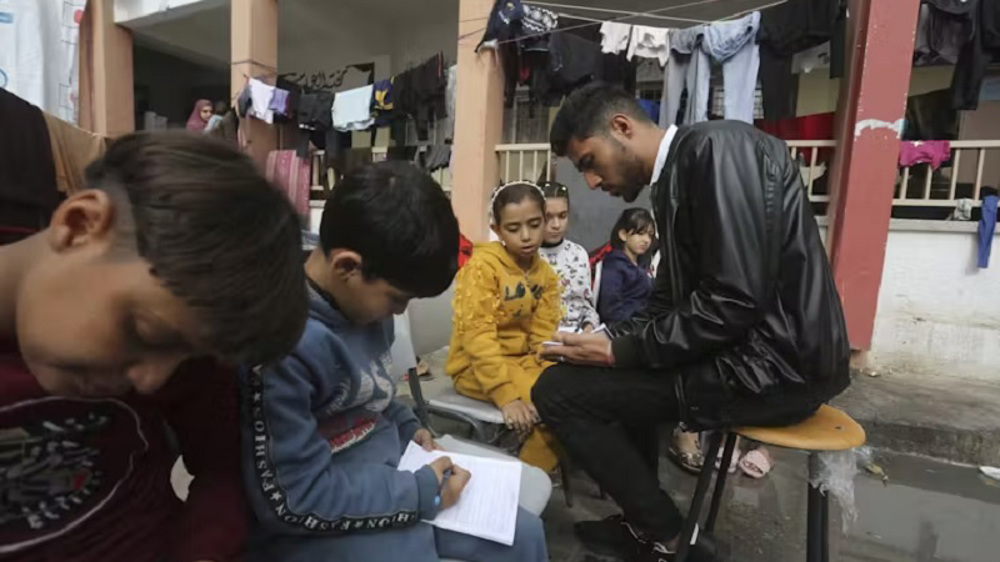

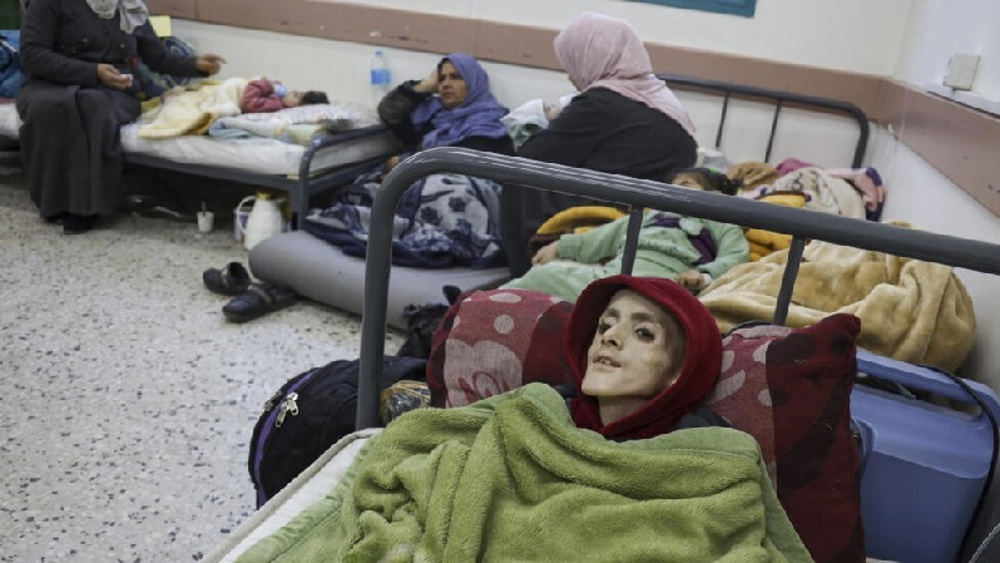
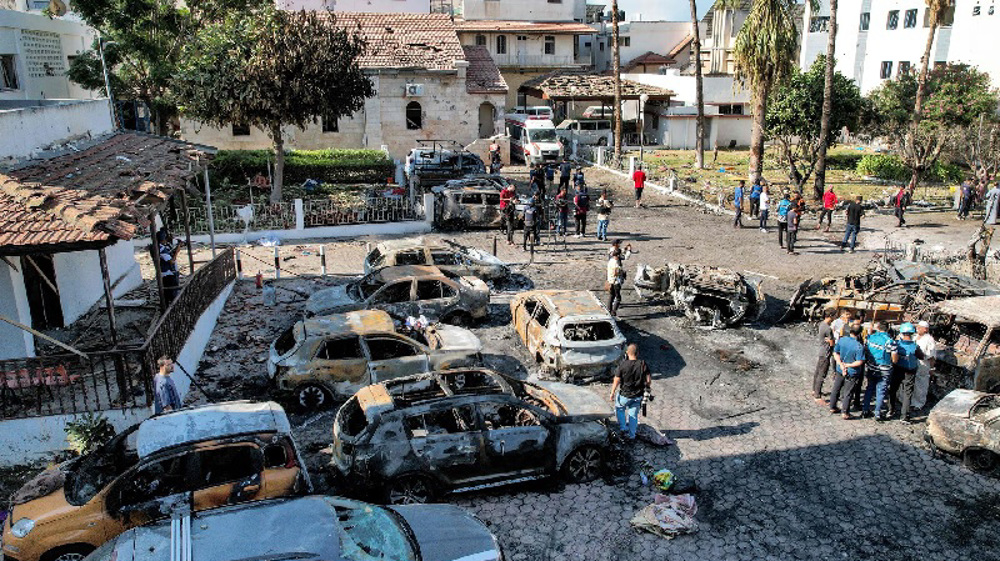
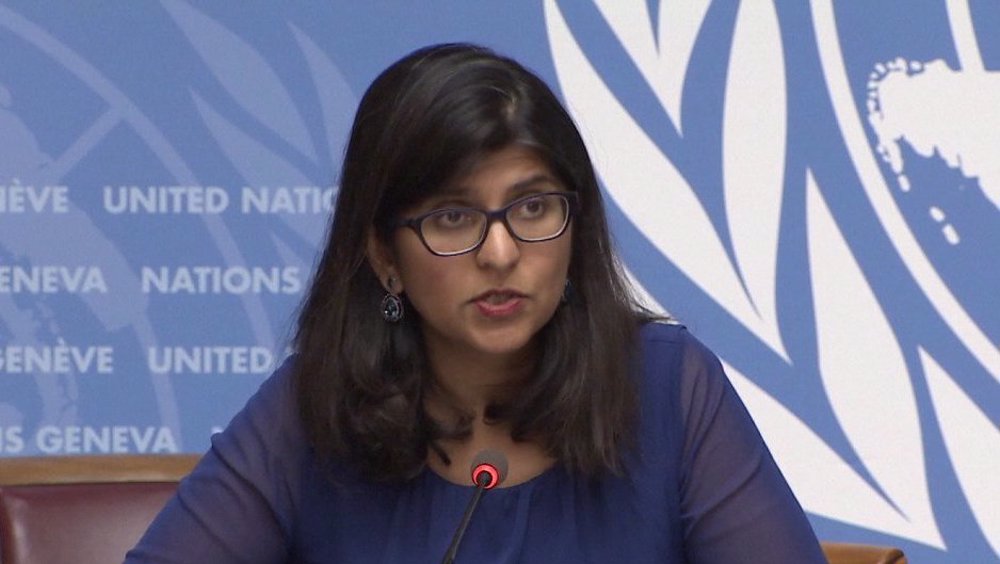
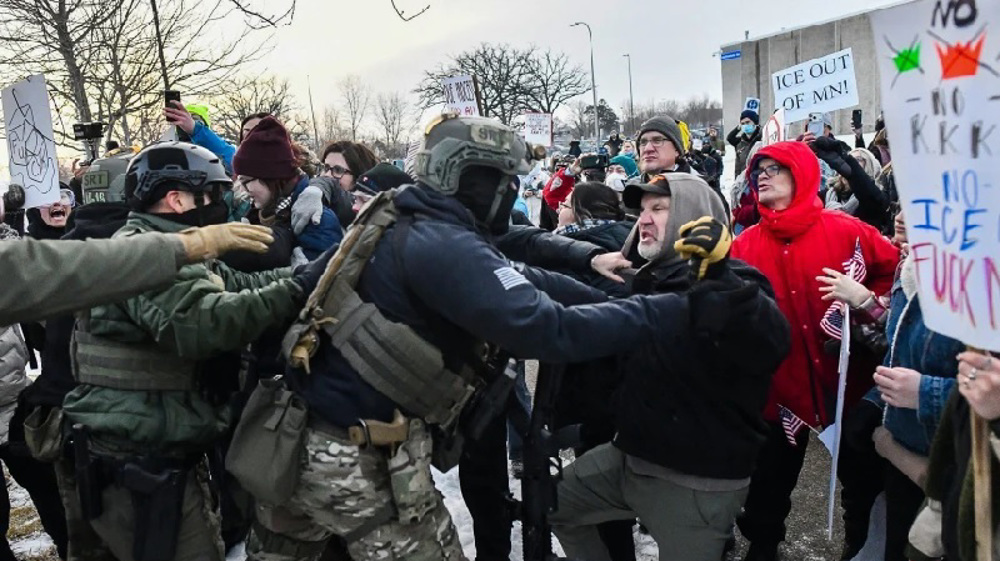

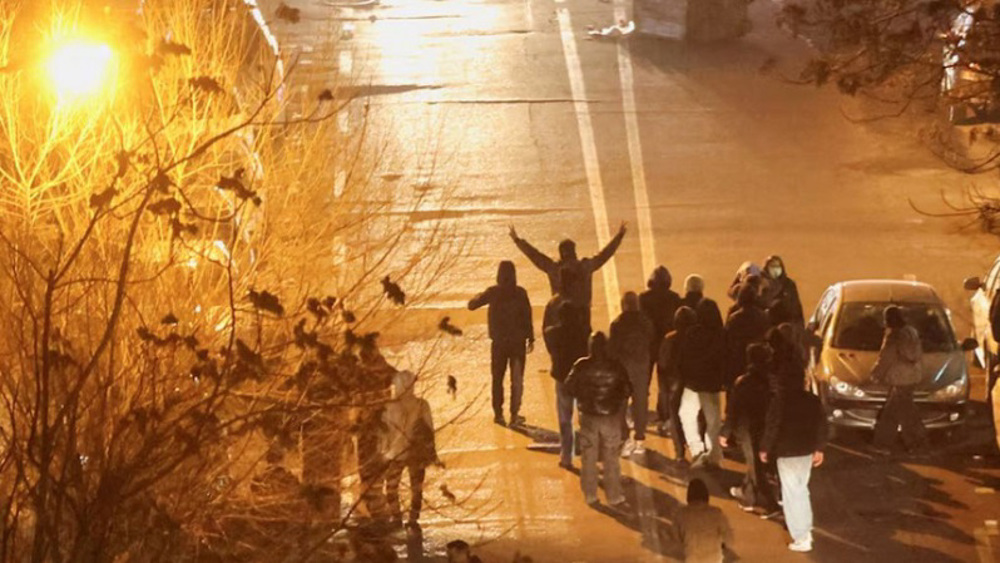



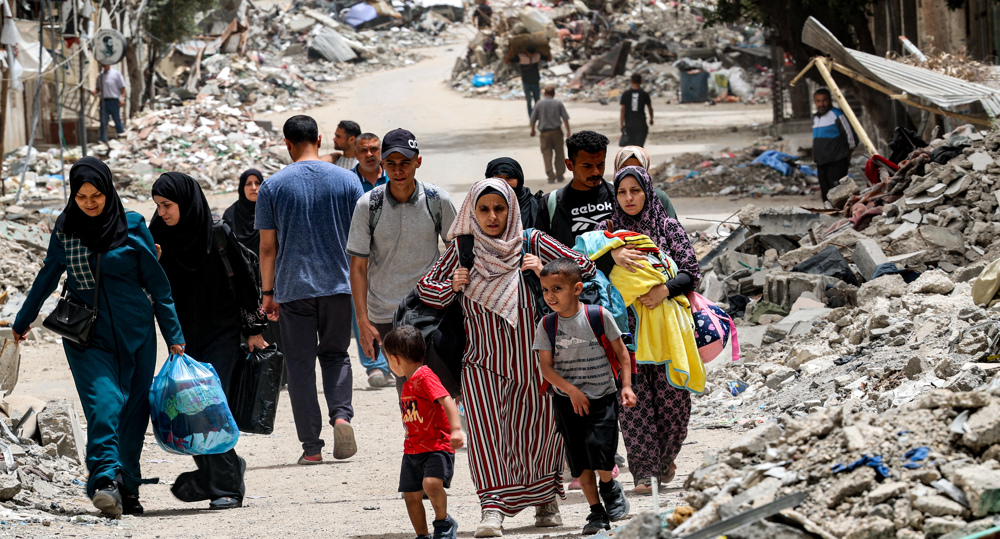
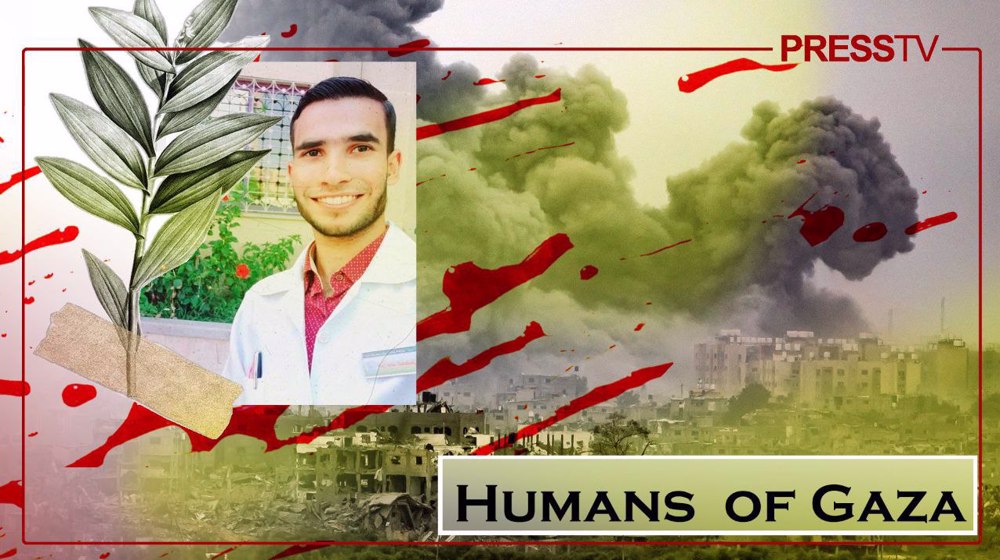


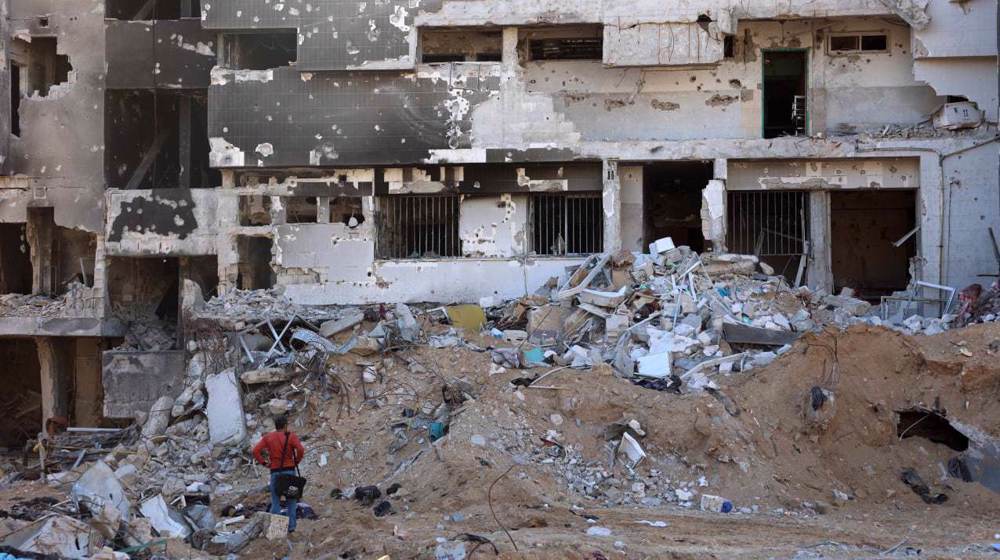
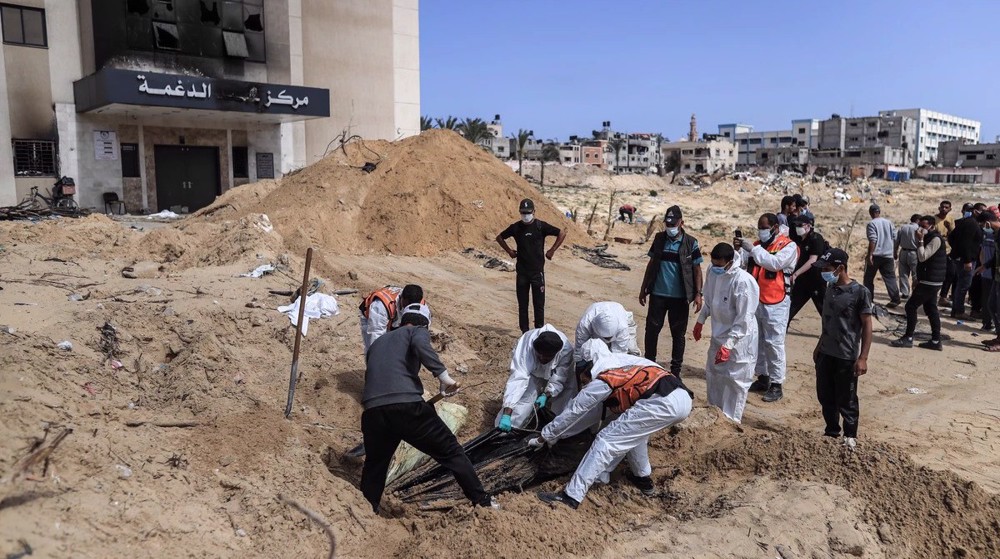
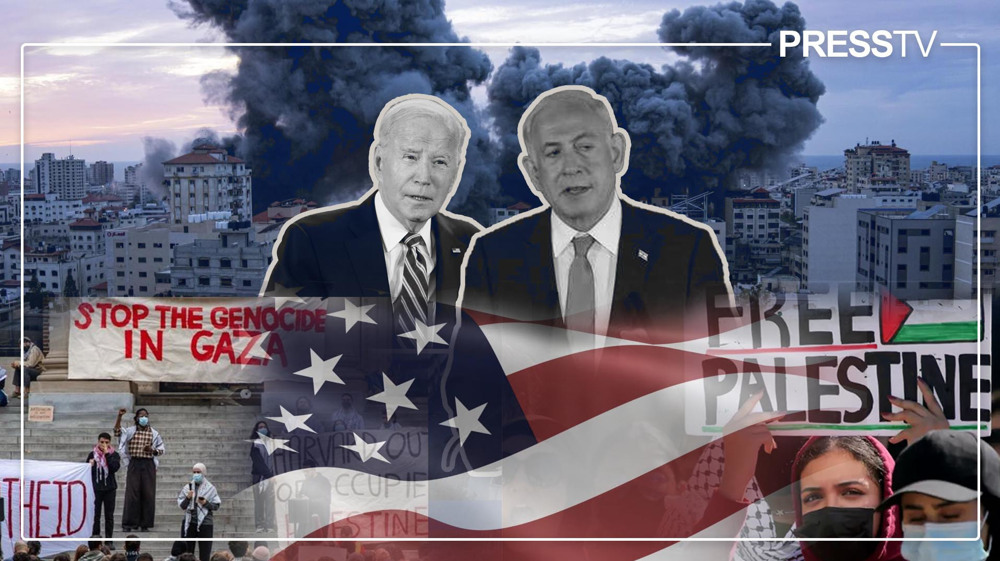

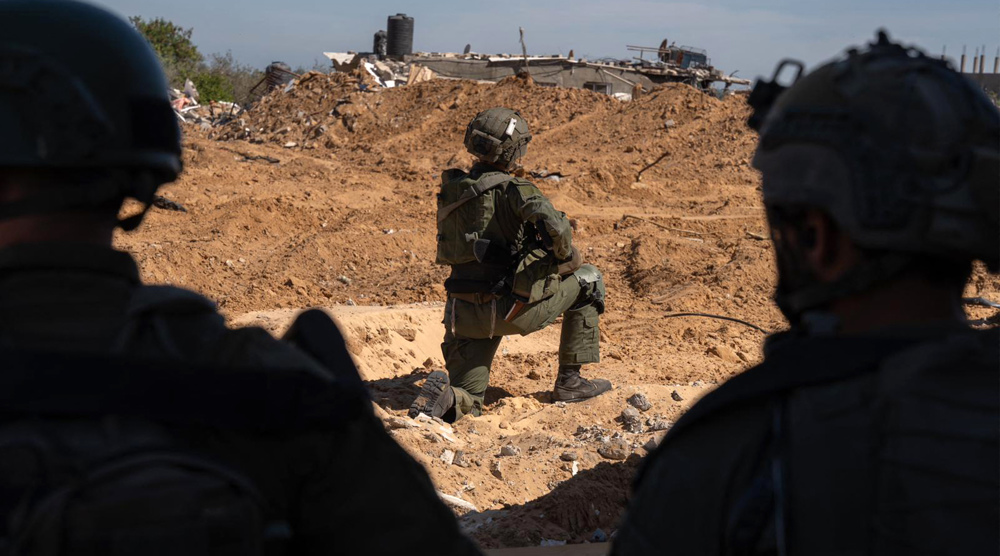
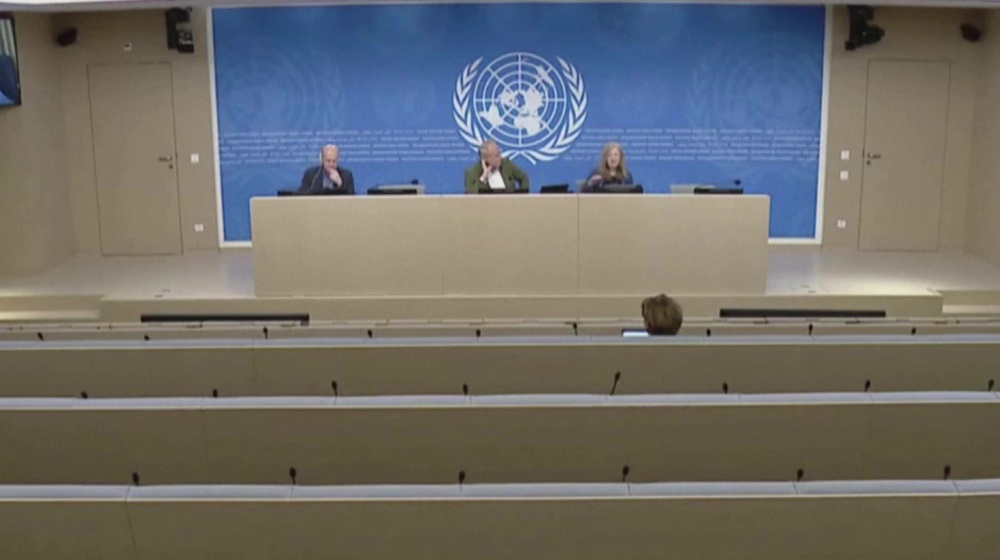

 This makes it easy to access the Press TV website
This makes it easy to access the Press TV website